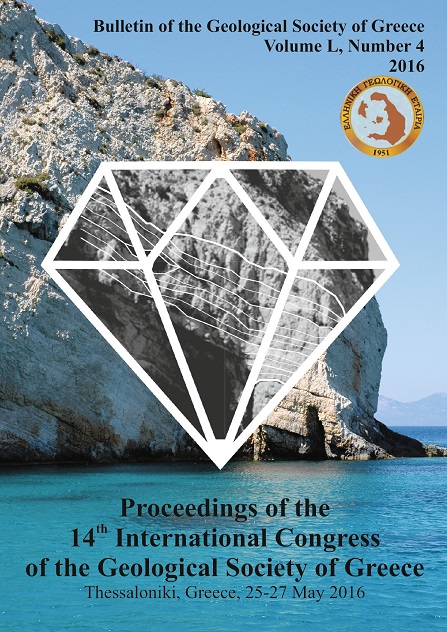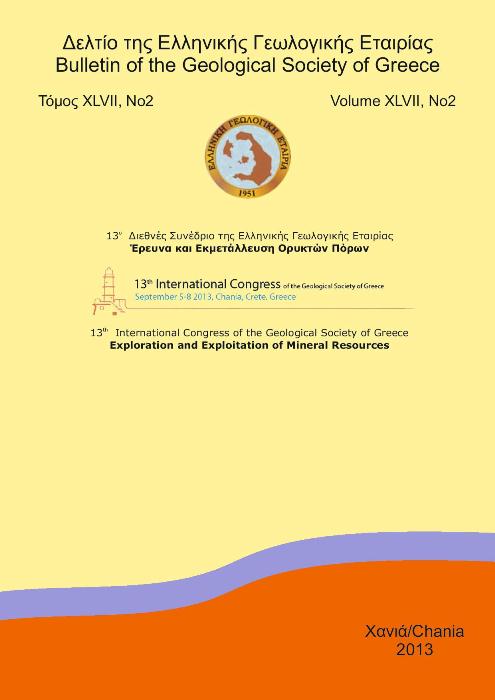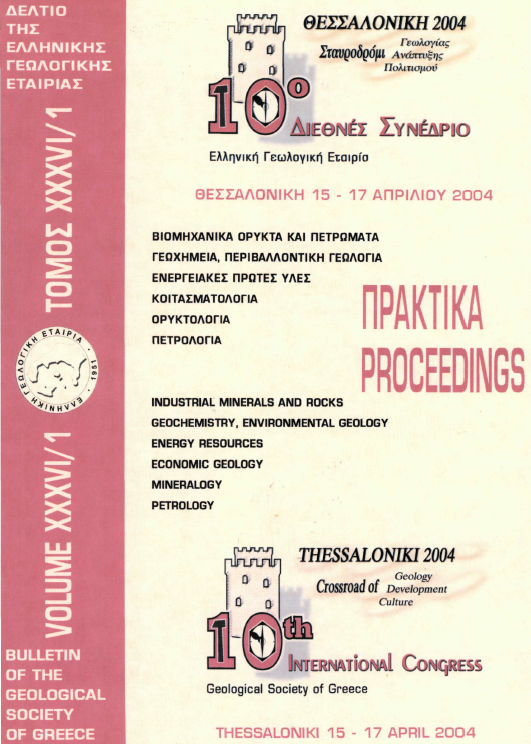HUMAN INTERFERENCES TO THE ENVIRONMENT, CONSEQUENCES AND CARE
Περίληψη
The need to restore the relationship of mankind with the environment led to the designation of measures, terms and processes worldwide for the prevention or reduction to the highest possible degree of the negative consequences to the environment ensuring a high level of protection of human health and the environment. It is general ascertainment that there is a big lack of objective information in Greece regarding the possibilities of modern science and technology for the treatment of Solid Industrial Wastes (SIW), Municipal Solid Wastes (MSW) and biological Sewage Treatment Plants (STP) products safely for the public health and the environment. In Greece the most significant sources of SIW are the big exploitations of “Mineral Ores”.On the contrary, the cement industries provide an important way out for the consumption of SIW like fly ash, red mud, et. A big percentage of the total amount of produced alloys of iron, copper, zinc and aluminium do not use “Mineral Resources” as raw materials but recycle scrap metals. At the end, the successful results of pyrometallurgical production of final products by SIW as well as the results of the production of new friendly to the environment and high technology refractory materials are given in this work.
Λεπτομέρειες άρθρου
- Πώς να δημιουργήσετε Αναφορές
-
Lampropoulou, P., Tzevelekou, T., Papamantellos, D., Stivanakis, V., & Papaefthymiou, S. (2010). HUMAN INTERFERENCES TO THE ENVIRONMENT, CONSEQUENCES AND CARE. Δελτίο της Ελληνικής Γεωλογικής Εταιρείας, 43(5), 2465–2474. https://doi.org/10.12681/bgsg.11648
- Ενότητα
- Βιομηχανικά Ορυκτά και Πετρώματα

Αυτή η εργασία είναι αδειοδοτημένη υπό το CC Αναφορά Δημιουργού – Μη Εμπορική Χρήση 4.0.
Οι συγγραφείς θα πρέπει να είναι σύμφωνοι με τα παρακάτω: Οι συγγραφείς των άρθρων που δημοσιεύονται στο περιοδικό διατηρούν τα δικαιώματα πνευματικής ιδιοκτησίας επί των άρθρων τους, δίνοντας στο περιοδικό το δικαίωμα της πρώτης δημοσίευσης. Άρθρα που δημοσιεύονται στο περιοδικό διατίθενται με άδεια Creative Commons 4.0 Non Commercial και σύμφωνα με την οποία μπορούν να χρησιμοποιούνται ελεύθερα, με αναφορά στο/στη συγγραφέα και στην πρώτη δημοσίευση για μη κερδοσκοπικούς σκοπούς. Οι συγγραφείς μπορούν να: Μοιραστούν — αντιγράψουν και αναδιανέμουν το υλικό με κάθε μέσο και τρόπο, Προσαρμόσουν — αναμείξουν, τροποποιήσουν και δημιουργήσουν πάνω στο υλικό.






